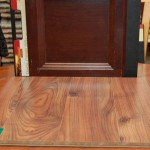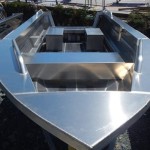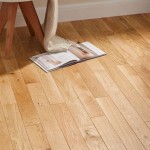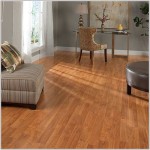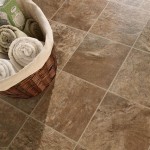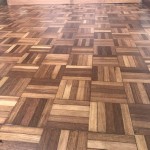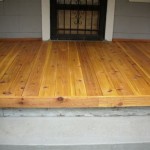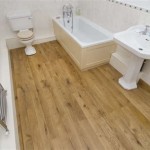Sheet Vinyl Flooring: An Essential Guide
Sheet vinyl flooring, also known as resilient flooring, has become increasingly popular in recent years. It offers a cost-effective, durable, and versatile solution for various residential and commercial spaces. This comprehensive guide will introduce you to the essential aspects of sheet vinyl flooring, its advantages, disadvantages, and installation tips.
### Advantages of Sheet Vinyl FlooringWater resistance: Sheet vinyl flooring is completely waterproof, making it ideal for areas prone to moisture, such as bathrooms, kitchens, and mudrooms. It can withstand spills, leaks, and even flooding, preventing damage to the underlying floor and subfloor.
Durability: Sheet vinyl is highly durable and can withstand heavy foot traffic and wear and tear. It is resistant to scratches, dents, and fading, making it an excellent choice for high-traffic areas such as entryways and hallways.
Low maintenance: Sheet vinyl flooring is incredibly easy to clean and maintain. Regular sweeping or vacuuming is enough to remove dirt and debris. For spills and stains, simply wipe the surface with a damp mop or cloth.
Affordability: Compared to other flooring materials such as hardwood or tile, sheet vinyl is relatively affordable. It is an excellent option for budget-conscious individuals or large projects where cost is a concern.
Versatility: Sheet vinyl flooring comes in a wide range of styles and patterns, from traditional wood or stone looks to modern geometric designs. This versatility allows it to complement any décor style, from classic to contemporary.
### Disadvantages of Sheet Vinyl FlooringSeams: Unlike plank or tile flooring, sheet vinyl flooring has visible seams where the sheets are joined. While these seams are often inconspicuous, they can be noticeable in some cases.
Adhesives: Sheet vinyl flooring requires adhesive to bond to the subfloor. The installation process can be more complex and time-consuming than other flooring options.
Fading: Over time, prolonged exposure to direct sunlight can cause sheet vinyl flooring to fade slightly. However, this is less common with higher-quality products.
### Installation TipsProfessional installation is highly recommended for sheet vinyl flooring, especially for large or complex projects. However, if you are confident in your DIY skills, here are some tips:
Prepare the subfloor: The subfloor must be smooth, level, and clean before installing sheet vinyl flooring. Any imperfections or debris can affect the adhesion and overall appearance.
Use the right adhesive: Choose an adhesive specifically designed for sheet vinyl flooring. Follow the manufacturer's instructions carefully to ensure proper adhesion.
Install the sheets: Start by rolling out the sheet and trimming it to fit the space. Use a sharp utility knife to make precise cuts. Overlap the seams by at least 2 inches and use a seam roller to press them together.
Smooth out the surface: Use a heavy roller to smooth out the surface of the sheet vinyl flooring and remove any air bubbles. This will prevent buckling or lifting.
### Conclusion Sheet vinyl flooring is a durable, versatile, and cost-effective option for various residential and commercial spaces. Its water resistance, low maintenance, and wide range of styles make it an excellent choice for high-traffic areas, bathrooms, kitchens, and more. While it has some disadvantages, such as seams and potential fading, these can be minimized with proper installation and maintenance.
Affordable And Attractive Sheet Vinyl Flooring Now At Carpet Express
Sheet Vinyl Mannington

What Is Sheet Vinyl Flooring It Made Of America
Ultimate Guide To Sheet Vinyl Mannington

Raval 1 Sheet Vinyl Flooring 2 Metre Wide Roll 78 Denmark

How To Install Sheet Vinyl Floor Decor Adventures

Shaw 12 Cascades Vinyl Roll Sheet Flooring Waterproof

How To Install Sheet Vinyl Flooring

Seville Sheet Vinyl Flooring Cushioned For A Softer Feel Underfoot

Sheet Vinyl Flooring The Original One Piece Floor

